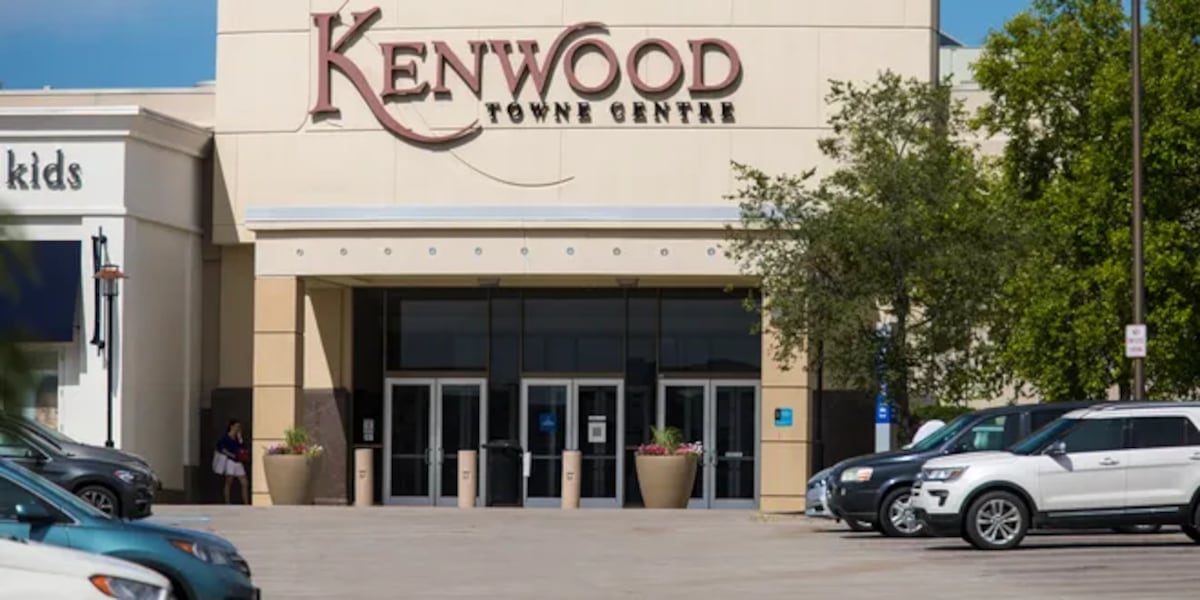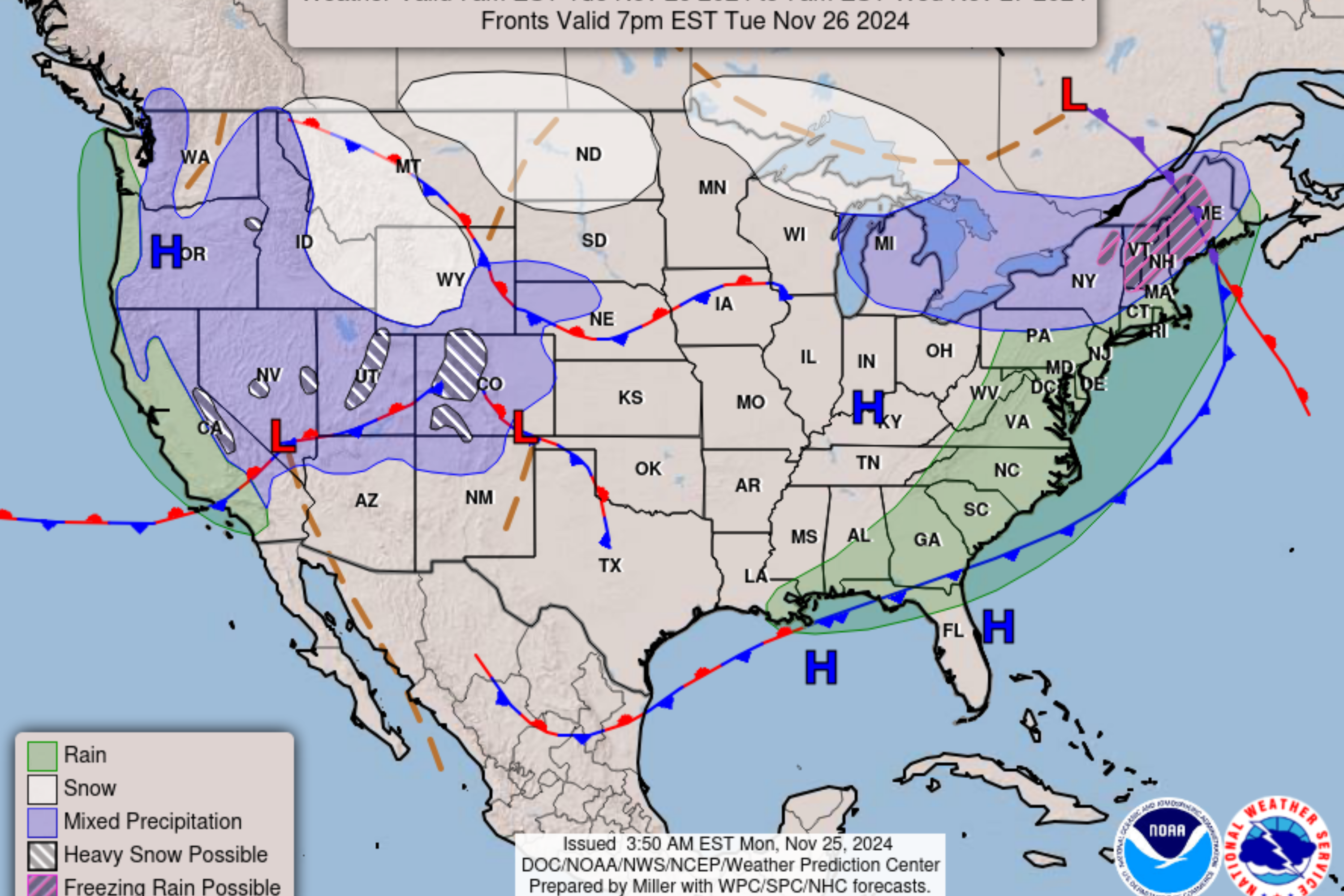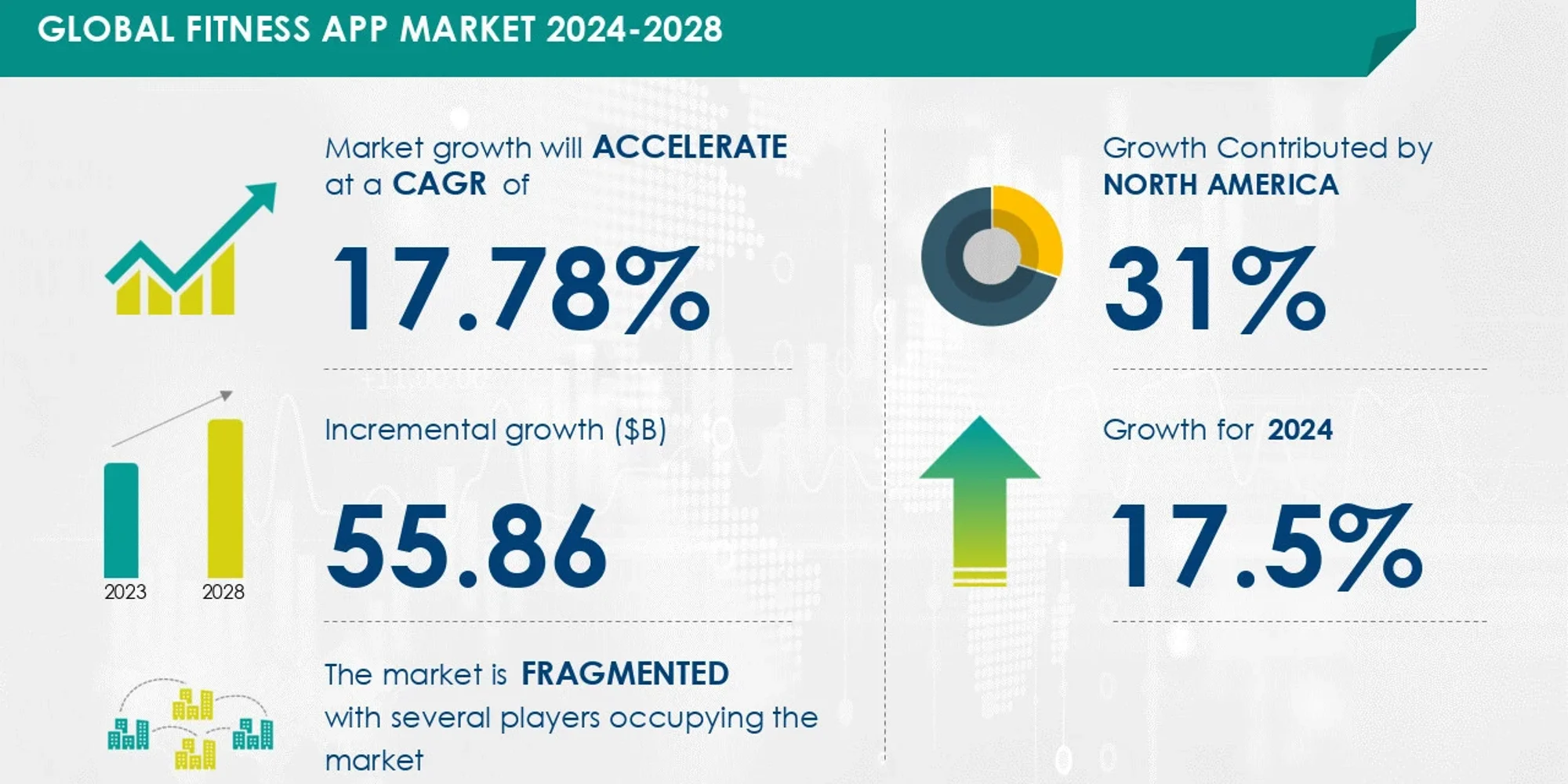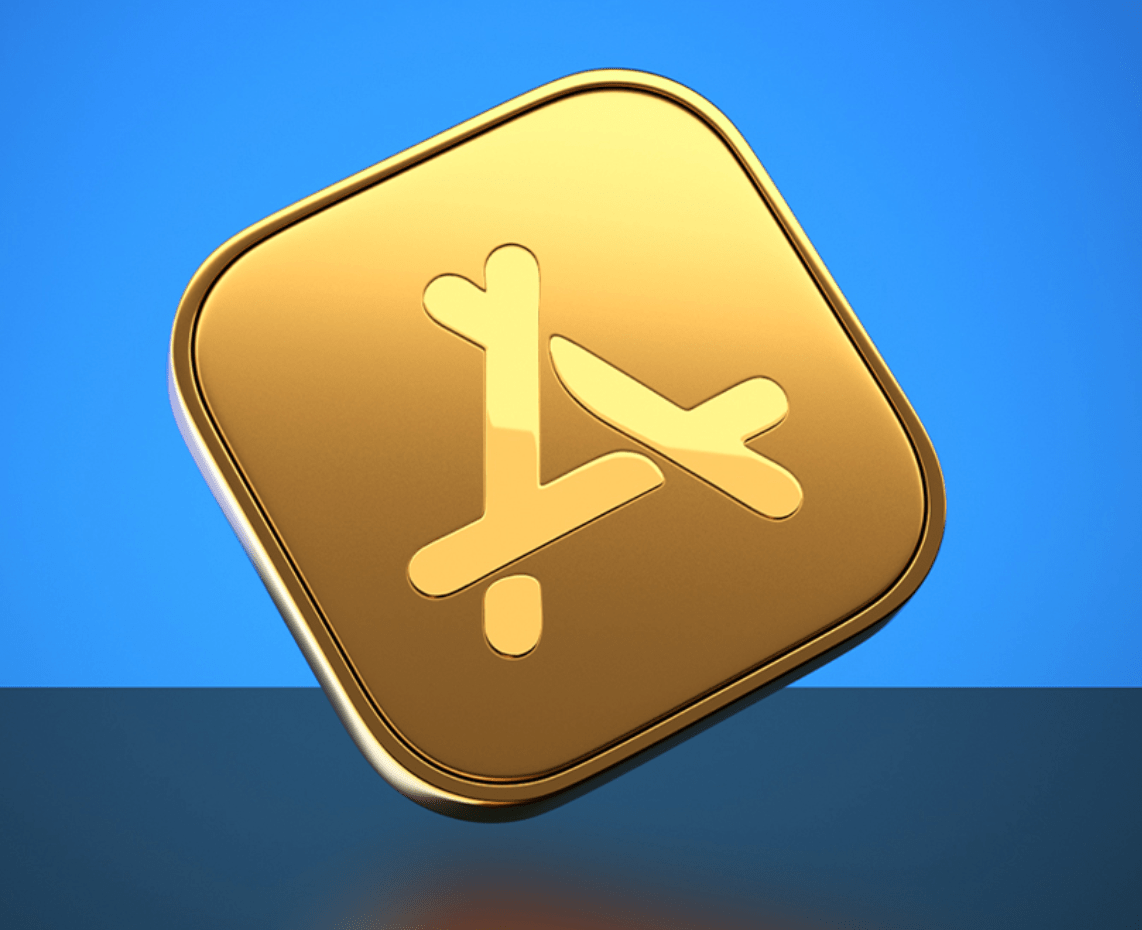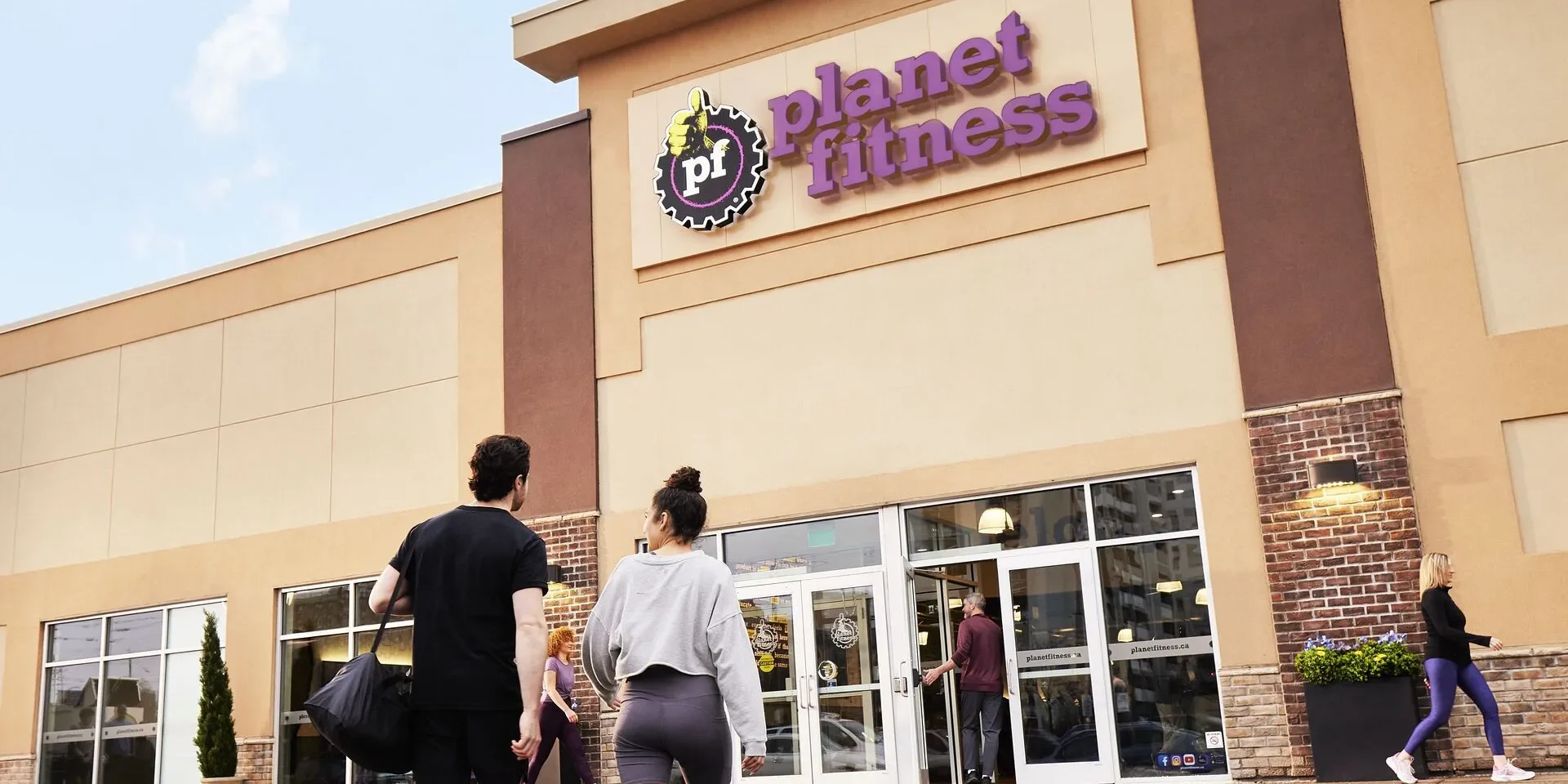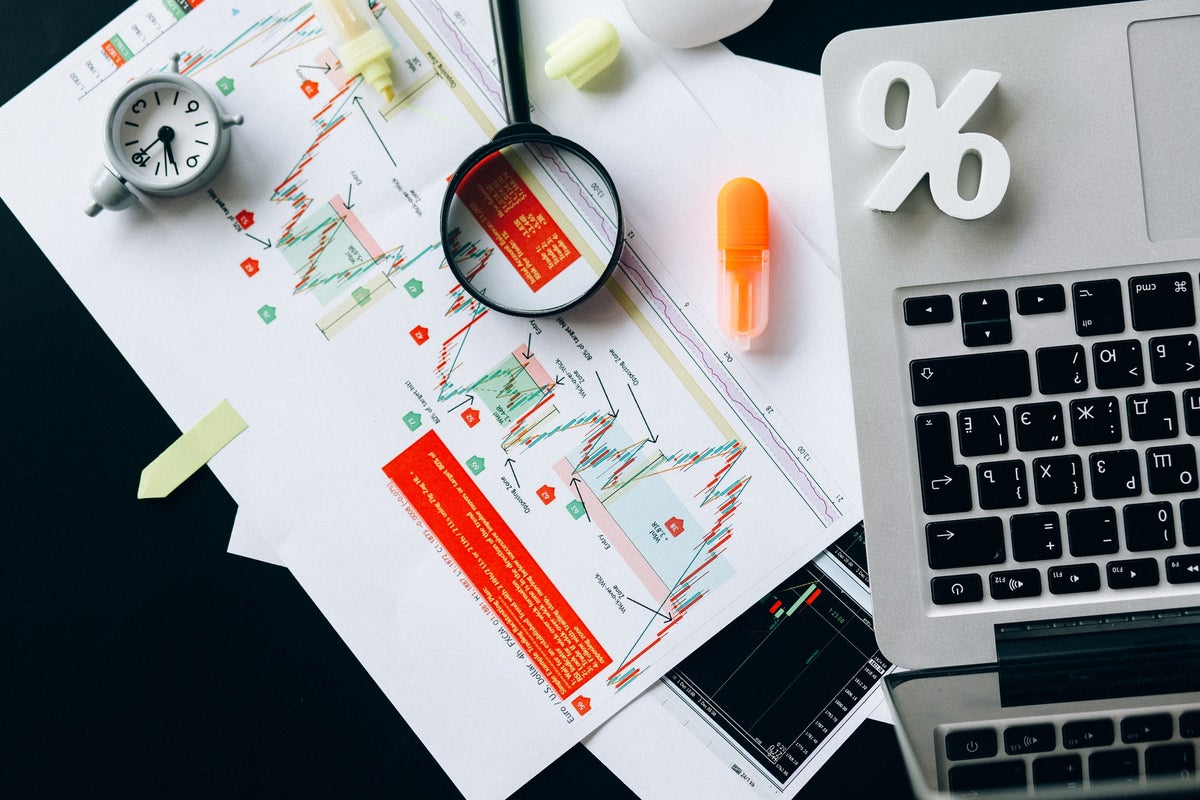Shopping
Korean Gov’t to Ban Cross-border Shopping for Goods without KC Certifications

From now on, the Korean government will ban cross-border purchases of children’s toys and water play equipment that do not have the Korea Certification (KC) mark. Korean government officials came up with a new measure to protect Korean consumers after carcinogen-laden products were brought into the country without any restrictions mainly through China-based AliExpress and Temu.
The Korean government announced a plan to strengthen consumer safety and boost Korean companies’ corporate competitiveness in a meeting of ministers on national issues presided over by Prime Minister Han Duck-soo on May 16.
Until now, products purchased directly from overseas countries have been brought into Korea without KC certifications. However, with a recent spike in cross-border purchases through AliExpress, Temu and others and an inflow of a large number of products containing harmful or dangerous substances such as cadmium, the Korean government has decided to strengthen the regulations concerning them.
The Korean government has mandated safety certifications for 80 items. Thirty-four items of children’s products must have KC certifications to be imported into Korea. They include all children’s products stipulated in the Special Act on the Safety of Children’s Products like school supplies, toys, bicycles, and strollers. The same goes for 34 electrical and household products including wires, cords, switches, electric heating mats, and lighting fixtures. Twelve categories of household chemicals, such as sanitizers and disinfectants, will also be blocked if they are not approved. Even if they do not belong to the 80 items, cosmetics and jewelry that come into direct contact with skin will be monitored for the presence of 1,050 kinds of banned ingredients and materials. If they are harmful, they will be blocked from entering Korea.
Korean government authorities will expand crackdowns on counterfeit goods sold by overseas sellers. The Korean government will strengthen the monitoring of overseas platforms based on artificial intelligence (AI) and introduce a system that connects the Korean Intellectual Property Office and the Korean Customs Service in real time to check for fake products before they pass the border. If fake products are identified or found, the Korean government will request shopping platforms to ban their sales. If they reject such requests, it will revise the trademark act to sanction such platforms. It will also amend law to require overseas platforms to have representatives in Korea in response to criticisms that overseas platforms ignore Korean customers’ requests for returns and refunds.


